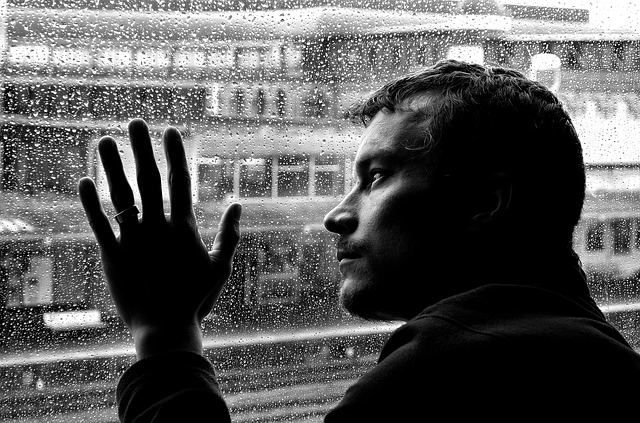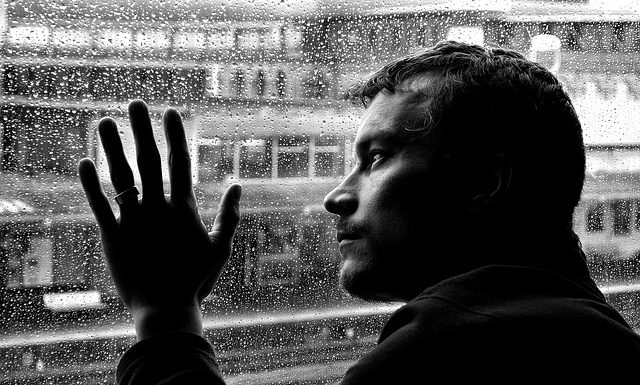
Although anxiety and depression are different conditions, they often occur together. Modern living is full of stress, and anxious or sad feelings are a normal response. However, sometimes these feelings occur without any noticeable outside stimulus. A person just begins to feel the weight of anxiety. In other cases, depression goes from being an occasional event to a long-term condition. In these cases, anxiety and depression can have a major effect on daily life.
Symptoms of Anxiety
Most people can tell if they are feeling anxious. During stressful times, they begin to feel a sense of unease, like there is something wrong. They may be able to identify the cause or it may just be a general feeling. Many recognize the onset of anxiety when they begin to lose focus. They may find it difficult to concentrate on important tasks at the workplace, or they may even experience difficulty with trivial tasks like driving a car or choosing the right product at the grocery store. In extreme cases, anxiety manifests as a form of hopelessness, as if there were an approaching doom. Victims often feel there is nothing they can do to protect themselves.
Symptoms of Depression
Depression can be a lot harder to identify. Those people who are experienced with long-term clinical depression recognize the systems as a form of sadness. They experience a “heaviness of heart”, as if there were a weight in their chest.
Other times, a victim may not even know they are depressed. They may be surprised when a friend or family member approaches them and asks if they are sad or if everything is okay. One common and emotionally dangerous symptom is that they begin to lose pleasure in doing the things they love. They may no longer enjoy eating, take pleasure in a favorite hobby, or enjoy the company of other people.
Effect on Normal Activities
Anxiety and depression may affect many of the victim’s normal daily activities. Perhaps one of the most significant effects is sleeplessness. Unhealthy emotional conditions can cause insomnia, and interfere with the body’s normal recuperative process. Anxiety sufferers often report dreamless sleep, implying that they may not be getting the all-important final REM stage of sleep.
A second effect is competence in fulfilling normal tasks. A depression victim often appears as if they are not paying attention. They may have trouble handling details, and complete their work or home tasks with lots of small mistakes and errors. They may simply run out of stamina, not able to complete their daily schedule and finish all they hoped and expected to do during the day.
A third effect is a detrimental effect on relationships. Work supervisors who might forgive a single off day, may become unimpressed by an employee whose mind seems distracted and not involved in the job. Loved ones and friends may begin to feel that the victim is a sad-sack, has an attitude problem, or is becoming anti-social.
Make a Change
Fortunately, there are ways to deal with anxiety and depression. The first step is to ignore those well-meaning, but inexperienced individuals who will advise a sufferer to simple “suck it up.” Brute force methods are rarely effective. Better methods are:
- Improve diet and exercise
- Get enough sunlight
- Work with a counselor for actual or imagined stressors
If these first line methods do not work, a victim should immediately visit their physician. Medical or psychological conditions can also cause anxiety and depression, and these problems require professional assistance. By taking these steps, sufferers can control their conditions and gain back their normal daily lives.

Leave a Reply